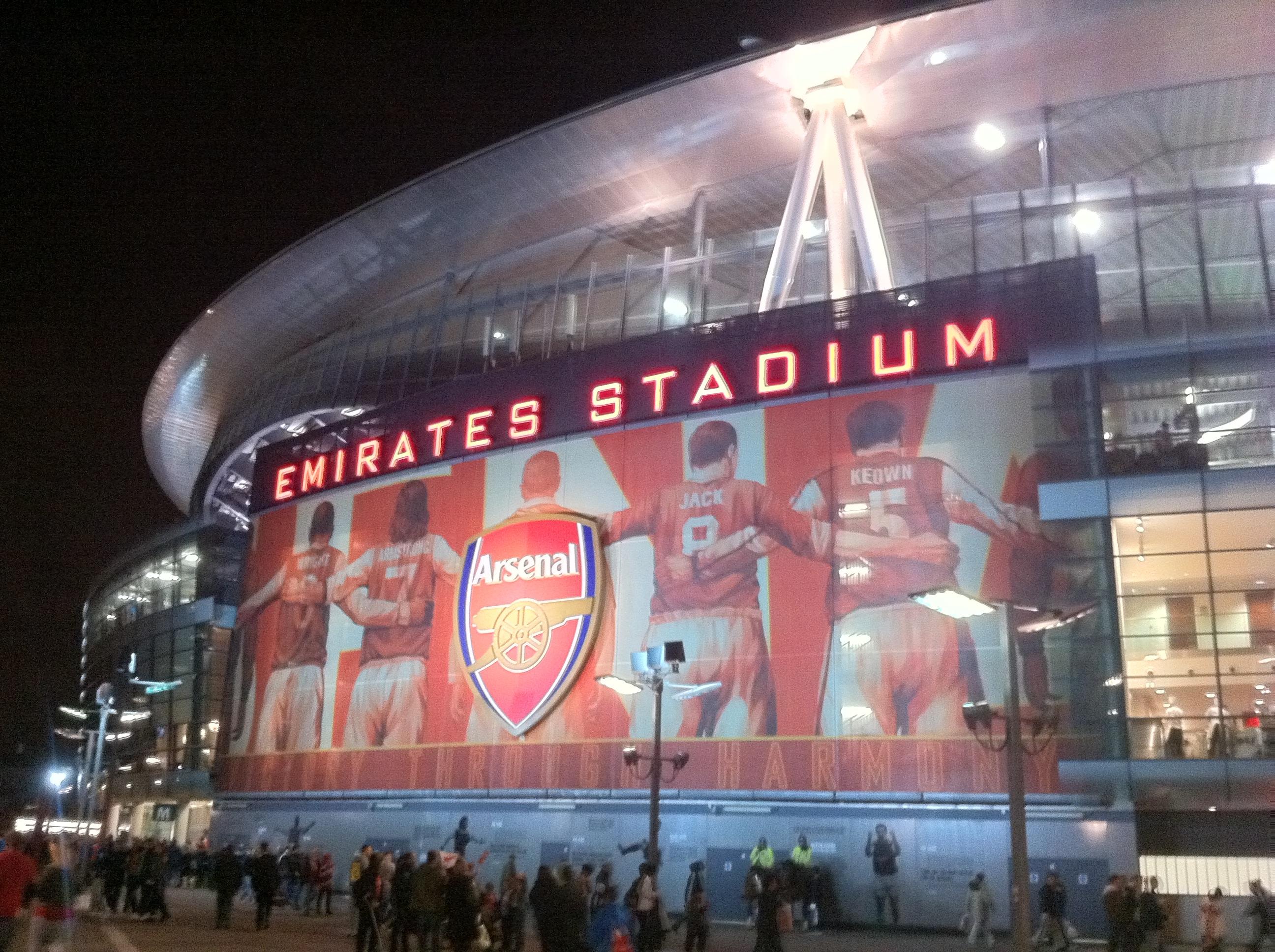 The Premier League will introduce new financial regulations to control spending starting next season.
The Premier League will introduce new financial regulations to control spending starting next season.
While the spending limits had 13 yes’s, to six no’s, the measure was only approved because Reading abstained on the crucial ballot. Under league rules a two-thirds majority is required for any rule changes to be made. If all 20 clubs vote, that means 14 have to approve. However Reading’s abstention, meant that 13 votes was enough for the controversial measures to be passed.
The six clubs who voted against the new financial rules were West Bromwich Albion, Swansea and Southampton, who joined long-term opponents Manchester City, Aston Villa and Fulham in voting against the spending limits.
With the new £5.5bn TV deal coming into play next season, clubs have been afraid that the massive increase in revenues would simply go out the door in the form of higher wages to players.
So they needed something to reign in their own wild spending, and the new financial limits should do that.
Under the new rules, clubs could face points deductions if they fail to comply with new financial regulations that will limit club losses to £105m over a three-year period.
Clubs whose total wage bill is more than £52m will be able to increase spending only by £4m per season for the next three years, though the cap does not apply to extra money earned from commercial or match-day income. On the latest available figures, only seven clubs would be under the £52m cap.
The rules will make it impossible for owners to repeat the super-charged investment made by Roman Abramovic at Chelsea and the Abu Dhabi ruling family at Manchester City without facing sanctions.
Premier League chief executive Richard Scudamore said sanctions could include the loss of points.
“The club’s understand that if people break the £105m we will be looking for the top-end ultimate sanction range, a points deduction.”
It’s a little complicated, but the clubs agreed to two measures today. The first is a cap on the amount by which player costs can increase in a given season. Clubs whose total wage bill is greater than a floor of £52m in the first season will be able to increase the central television revenue spent on wages only by £4m the following year. That figure rises to £8m in the second year and £12m the following season.
Clubs will, however, be able to spend any increases in other sources of income, from commercial or match-day revenue, on wages, offering them significant leeway. The long-term measure is a cap on losses of £105m over a rolling three-year period.
The loophole in this is obviously commercial revenue which clubs like Man United, Arsenal and Liverpool (sponsors of the measures) are growing at double digit rates. At first glance, the new measures seem to ensure that the same teams that dominate the Premier League will continue to dominate it for years to come.


